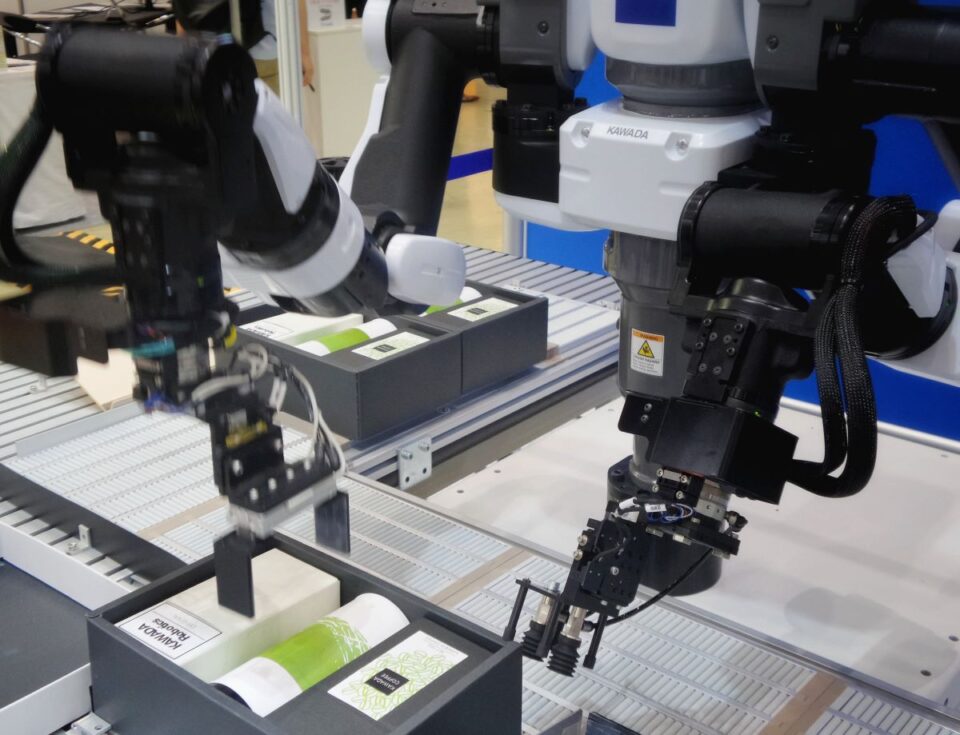KUALA LUMPUR, March 17 — The Malaysia Robotics market is projected to reach RM103.1 billion by 2030, surpassing the targeted amount in the National Robotics Roadmap 2021-2030, says the Ministry of Science, Technology and Innovation (Mosti) deputy secretary-general (Technology Development) Datuk Mohd Nor Azman Hassan.
He said the market value of the robotics industry especially Service Robots among others in 2022 was about RM 92.29 billion, despite the detrimental effect of Covid-19 towards the economy.
However, the disparity of contribution by micro, small-and-medium enterprises (MSMEs) compared to multinational corporations (MNCs) needed to be addressed beforehand.
“MSMEs’ contribution is far less than MNCs with a market share of three to five per cent over the forecast period,” Nor Azman said in a statement today, following the release of the first series of the Malaysia National Robotics Industry Country Report (NRICR) on Value Creation by the Malaysia Robotics and Automation Society (MyRAS).
The release of the NRICR during the Intelligent Manufacturing Conference 2023 was witnessed by Mohd Nor Azman, MyRAS president Prof Ishkandar Baharin, Malaysian Research Accelerator of Technology and Innovation (MRANTI) chief ecosystem development officer Mohd Safuan Mohd Zairi, and Malaysia Automotive, Robotics and IoT Institute (MARii) senior general manager Zaim Azyze.
Meanwhile, Ishkandar said NRICR aims to shift the Malaysian robotics ecosystem from value add to value creation that is sustainable through high-impact innovative solutions in realising the vision of the National Robotics Roadmap 2021 – 2030 for Malaysia to become a regional robotics hub in services, agriculture and manufacturing by 2030.
In the same statement, MRANTI chief executive officer Dzuleira Abu Bakar said it will set up a National Robotics Hub at MRANTI Park in Bukit Jalil in collaboration with MyRAS, MARii and other robotics industry players to support the expansion of the robotics ecosystem players in Malaysia.
She said the NRCR will be a baseline to further improve the adoption of robotics applications in the various industry sectors in Malaysia by providing an overview of the state of robotics technology in the country including its strengths, weaknesses, opportunities, and threats.
“MRANTI will utilise advanced technologies from the Fourth Industrial Revolution (4IR), including artificial intelligence (AI), 5G, and the Internet of Things (IoT), to develop their focused clusters on drone tech, health tech, agritech and 4IR enabling technologies with an emphasis on tech commercialisation,” Dzuleira said.
Zaim on the other hand said MARii will support the National Blueprint on Automotive Robotics (NBAR) by enhancing automotive and mobility sectors in manufacturing and services to support Next Generation Vehicle (NxGV) development in Malaysia.
— Bernama





